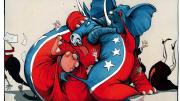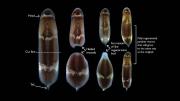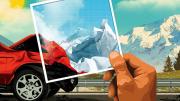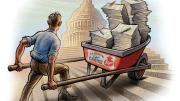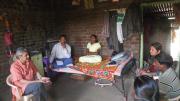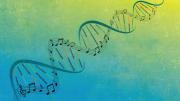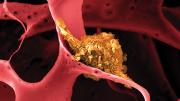Right Now
Making America Competitive Again
Can election reforms end the crippling gridlock in American politics?
Could Regenerative Biology Work in Humans?
Mansi Srivastava’s basic research seeks to uncover the origins of whole-body regeneration in animals.
How Paper Crumples
The research provides insight into the way materials react to repeated strain.
by Steve Nadis
Why Petitioning is Vital for Democracies
Petitioning campaigns are a vital complement to democratic voting.
The Third Way
Ellen Langer rejects binary thinking, embracing instead a “third way.”
Financial and mental health are linked
Around the globe, Vikram Patel finds, improvements in financial or mental health support both.
Using DNA for data storage
Compact and persistent, DNA could one day compress all human knowledge into a 15-gallon drum.
by Steve Nadis
An intellectual history of the Cold War era
In a new book, Louis Menand probes the cultural currents of postwar America.
Clues to the persistence of Jupiter’s Great Red Spot
The gas giant’s storms could be driven by processes thousands of kilometers below the surface.
Inducing immunity to cancer
An implantable cancer vaccine shows promise in training the immune system to attack tumors.

